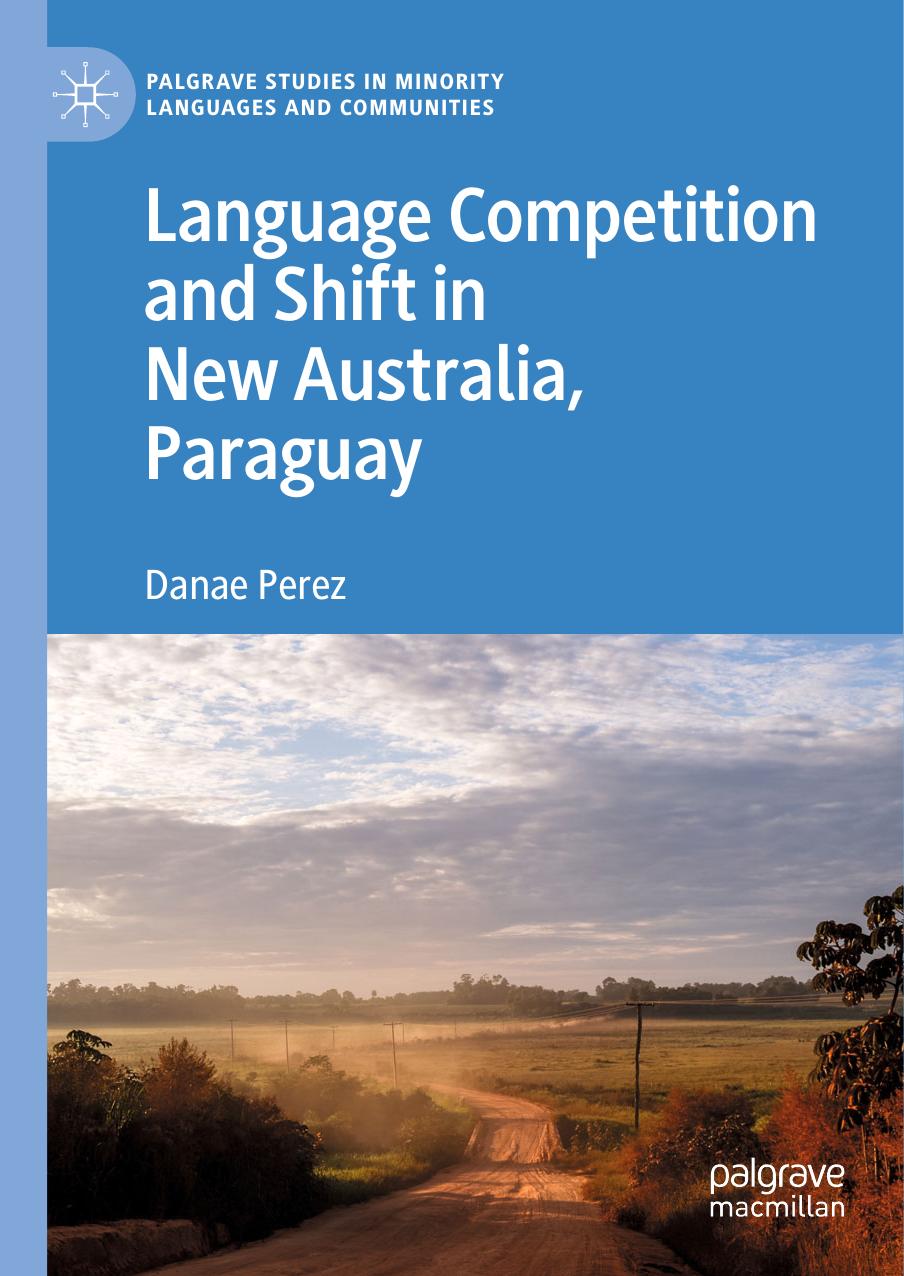Language Competition and Shift in New Australia, Paraguay by Danae Perez

Author:Danae Perez
Language: eng
Format: epub, pdf
ISBN: 9783030249892
Publisher: Springer International Publishing
During his arguments with Mr. Findlay, Lane inquired about the British Legation’s right to interfere. As the issue of British nationality came up, Lane replied that there was “little cause to be enthusiastically loyal” to the British flag and that New Australians would eventually opt for the Paraguayan nationality (Souter 1991: 94). This indicates how determined Lane was to carry out his project at any cost, and it suggests that the colony’s relationship with British authorities must have been difficult.
As a result, the community was split into the “Royalists” and the “Rebels,” i.e., those who stood by William Lane and those who did not. The Royalists questioned neither the leader nor his procedure, and some of them, such as Arthur Tozer, defended the rules even violently. The Rebels, by contrast, disregarded the laws and sought contact with the surrounding population and the urban elite. As already experienced in Montevideo, the main problem was that the Rebels evidently infringed the rule of temperance as they joined gatherings in nearby towns and drank wine or caña, the Paraguayan sugarcane liquor. However, this contact also included the bartering of goods, tools, and, apparently, women. Alf Walker wrote to Walter Head, the Association’s secretary in Sydney, for instance, that “some of our members were stealing tools etc. and exchanging for liquor, … [and] one man had promised a native that if he would get him a native woman he could have one of our girls” (cited in Souter 1991: 87). Native women attracted the single men settlers undoubtedly. And Tom Westwood, one of the Rebels’ leaders, wrote in his diary on October 29, 1893 that he “[p]aid our old friend Gaspar Vanetez a visit. His wife made cigars and rolled the leaf on her naked thigh” (cited in Souter 1991: 86). Thus, the friction among New Australians certainly challenged community life.
As a consequence, eighty-one persons withdrew from New Australia in December 1893 and the idea of dividing the community cropped up (Souter 1991: 90). Mr. Findlay, the Second Secretary at the British Legation in Buenos Aires, visited New Australia to document the problems and mediate between the parties. He asked President González to find a practicable solution for the seceders, and as Paraguay had an interest in keeping the Australian settlers (and receiving more of them, of course), González offered the seceders land at Colonia González (Livermore 1950: 304). Mr. Findlay (cited in Souter 1991: 93) observed that most of the seceders were “very respectable people […] mostly artisans and townspeople and only a small minority agriculturalists.” The imbalance between bushmen and educated middle-class settlers at New Australia was increasing.
Finally, also religion played a role in William Lane’s take on socialism and the world in general. His writings very often referred to God as his “guide” (Souter 1991: 101), and Gilbert Casey apparently spent several hours trying to convince Lane that “forcing the idea of God upon the people” was a problematic approach (cited in Souter 1991: 106). Also James Murdoch, a classics scholar
Download
Language Competition and Shift in New Australia, Paraguay by Danae Perez.pdf
This site does not store any files on its server. We only index and link to content provided by other sites. Please contact the content providers to delete copyright contents if any and email us, we'll remove relevant links or contents immediately.
Cecilia; Or, Memoirs of an Heiress — Volume 1 by Fanny Burney(31357)
Cecilia; Or, Memoirs of an Heiress — Volume 3 by Fanny Burney(30954)
Cecilia; Or, Memoirs of an Heiress — Volume 2 by Fanny Burney(30910)
The Great Music City by Andrea Baker(21817)
We're Going to Need More Wine by Gabrielle Union(18090)
Bombshells: Glamour Girls of a Lifetime by Sullivan Steve(13122)
Pimp by Iceberg Slim(12954)
All the Missing Girls by Megan Miranda(12787)
Fifty Shades Freed by E L James(12467)
Talking to Strangers by Malcolm Gladwell(11920)
Norse Mythology by Gaiman Neil(11916)
Crazy Rich Asians by Kevin Kwan(8378)
Mindhunter: Inside the FBI's Elite Serial Crime Unit by John E. Douglas & Mark Olshaker(7856)
The Lost Art of Listening by Michael P. Nichols(6492)
Enlightenment Now: The Case for Reason, Science, Humanism, and Progress by Steven Pinker(6421)
Bad Blood by John Carreyrou(5787)
The Four Agreements by Don Miguel Ruiz(5536)
Weapons of Math Destruction by Cathy O'Neil(5058)
We Need to Talk by Celeste Headlee(4889)
